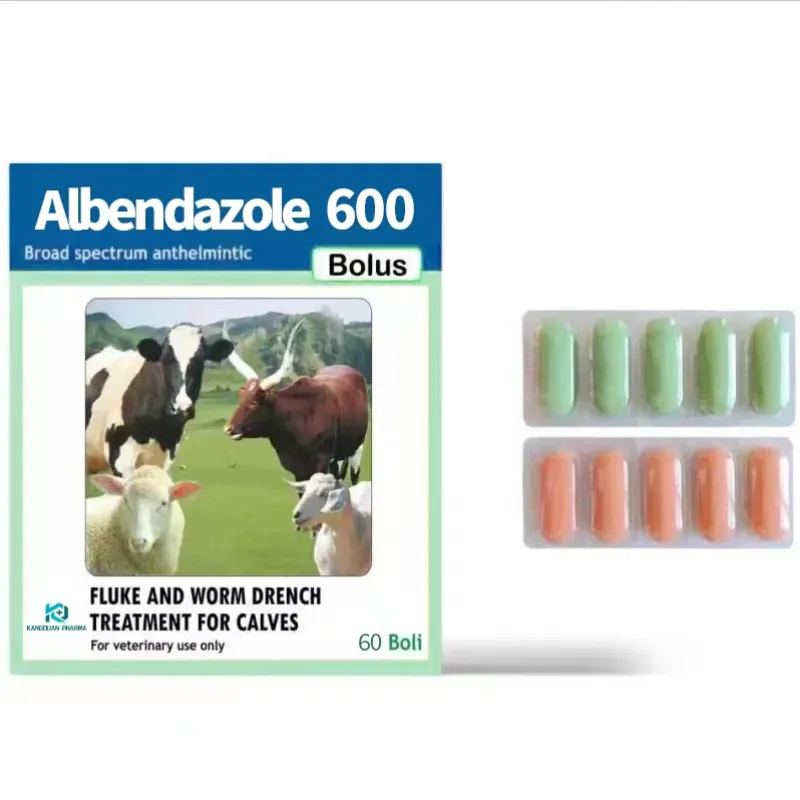- Afrikaans
- Albanian
- Amharic
- Arabic
- Armenian
- Azerbaijani
- Basque
- Belarusian
- Bengali
- Bosnian
- Bulgarian
- Catalan
- Cebuano
- Corsican
- Croatian
- Czech
- Danish
- Dutch
- English
- Esperanto
- Estonian
- Finnish
- French
- Frisian
- Galician
- Georgian
- German
- Greek
- Gujarati
- Haitian Creole
- hausa
- hawaiian
- Hebrew
- Hindi
- Miao
- Hungarian
- Icelandic
- igbo
- Indonesian
- irish
- Italian
- Japanese
- Javanese
- Kannada
- kazakh
- Khmer
- Rwandese
- Korean
- Kurdish
- Kyrgyz
- Lao
- Latin
- Latvian
- Lithuanian
- Luxembourgish
- Macedonian
- Malgashi
- Malay
- Malayalam
- Maltese
- Maori
- Marathi
- Mongolian
- Myanmar
- Nepali
- Norwegian
- Norwegian
- Occitan
- Pashto
- Persian
- Polish
- Portuguese
- Punjabi
- Romanian
- Russian
- Samoan
- Scottish Gaelic
- Serbian
- Sesotho
- Shona
- Sindhi
- Sinhala
- Slovak
- Slovenian
- Somali
- Spanish
- Sundanese
- Swahili
- Swedish
- Tagalog
- Tajik
- Tamil
- Tatar
- Telugu
- Thai
- Turkish
- Turkmen
- Ukrainian
- Urdu
- Uighur
- Uzbek
- Vietnamese
- Welsh
- Bantu
- Yiddish
- Yoruba
- Zulu
Nov . 12, 2024 20:20 Back to list
what will kill worms in dogs
What Will Kill Worms in Dogs? Understanding Canine Intestinal Parasites and Their Treatment
Intestinal worms are a common health issue among dogs, posing serious risks to their overall well-being if left untreated. Pet owners often worry about the implications of these parasites and seek effective solutions to protect their furry friends. In this article, we will explore various types of worms that afflict dogs, the symptoms associated with these infestations, and the most effective treatments to eliminate them.
Types of Intestinal Worms in Dogs
There are several types of intestinal worms that can infect dogs, including
1. Roundworms (Toxocara canis) Roundworms are one of the most prevalent parasites found in dogs, particularly in puppies. Adult roundworms can grow quite large, reaching up to several inches in length. Infection usually occurs when dogs ingest eggs from contaminated soil or feces.
2. Hookworms (Ancylostoma caninum) These small, thin worms attach to the intestinal wall and feed on the dog's blood, leading to anemia. Hookworms are often contracted through skin contact with contaminated soil or ingestion of larvae.
3. Tapeworms (Dipylidium caninum) Tapeworms are flat, segmented worms that can form long chains in the intestines. They are usually contracted by dogs ingesting fleas that carry tapeworm larvae. Tapeworms may not cause severe symptoms, but their presence can lead to discomfort and weight loss.
4. Whipworms (Trichuris vulpis) These whip-like worms inhabit the large intestine and can cause significant gastrointestinal issues, including diarrhea and weight loss. Whipworms are commonly transmitted through ingesting contaminated soil or feces.
Symptoms of Worm Infestation
Monitoring your dog's health is crucial to identifying worm infestations early. Common symptoms of intestinal worms include
- Vomiting - Diarrhea - Weight loss - Increased appetite (in the case of tapeworms, they may have a voracious appetite) - Lethargy - Distended abdomen - Visible worms in feces or around the anus
If you observe any combination of these symptoms, it is essential to consult a veterinarian for an accurate diagnosis and treatment plan
.Treatment Options
Treating intestinal worms in dogs typically involves the use of deworming medications. These medications are designed to target specific types of worms and eradicate them from the dog's system. Here are some commonly used treatments
what will kill worms in dogs

1. Pyrantel Pamoate Effective against roundworms and hookworms, this medication is often used in puppies and is available in liquid or tablet form.
2. Fenbendazole This broad-spectrum dewormer is effective against roundworms, hookworms, whipworms, and certain types of tapeworms. It is available in powdered or liquid form and should be administered for several days for maximum efficacy.
3. Praziquantel Specifically targeting tapeworms, this medication works by causing the worms to detach from the intestinal wall, allowing them to be expelled naturally.
4. Ivermectin This medication is primarily used to prevent heartworm disease but can also treat certain types of intestinal parasites, including some strains of roundworms.
Prevention
Preventing worm infestations is much easier than treating them after they occur. Here are several steps you can take to keep your dog safe from intestinal worms
- Regular Vet Check-ups Schedule routine veterinary visits to monitor your dog's health and conduct fecal exams to identify any potential infestations.
- Maintain Hygiene Keep your dog's living environment clean by promptly picking up feces and regularly bathing your pet.
- Flea Control Implement a comprehensive flea control program, as fleas can harbor tapeworm larvae.
- Proper Diet Feed your dog a balanced diet and avoid letting them scavenge for food or eat garbage, which may be contaminated with worm eggs.
- Limit Exposure Prevent your dog from roaming in areas where they could consume contaminated soil, water, or feces.
Conclusion
Intestinal worms in dogs can lead to serious health concerns if not identified and treated promptly. By staying informed about the types of worms that can affect your pet, recognizing the symptoms, and understanding the treatment options available, you can help ensure your dog remains healthy and worm-free. Regular veterinary care and responsible pet ownership are key components in safeguarding your pet against these unwelcome parasites.
-
Guide to Oxytetracycline Injection
NewsMar.27,2025
-
Guide to Colistin Sulphate
NewsMar.27,2025
-
Gentamicin Sulfate: Uses, Price, And Key Information
NewsMar.27,2025
-
Enrofloxacin Injection: Uses, Price, And Supplier Information
NewsMar.27,2025
-
Dexamethasone Sodium Phosphate Injection: Uses, Price, And Key Information
NewsMar.27,2025
-
Albendazole Tablet: Uses, Dosage, Cost, And Key Information
NewsMar.27,2025













